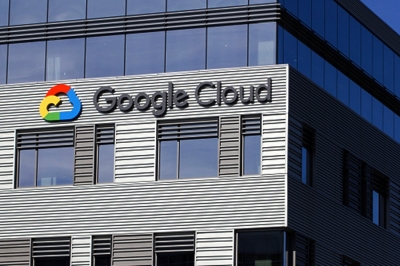Google Cloud supports all Polygon protocols to help people grow Web3 products
By IANS | Published: April 28, 2023 10:15 AM2023-04-28T10:15:04+5:302023-04-28T10:40:33+5:30
New Delhi, April 28 Google Cloud and Polygon Labs have announced a multi-year strategic alliance to accelerate adoption ...

Google Cloud supports all Polygon protocols to help people grow Web3 products
New Delhi, April 28 Google Cloud and Polygon Labs have announced a multi-year strategic alliance to accelerate adoption of core Polygon protocols, making it easier for developers to build, launch, and grow their Web3 products and decentralised applications.
Google Cloud will support all Polygon protocols, including Polygon PoS, Polygon Supernets, and Polygon zkEVM, with Google Cloud infrastructure and developer tools.
To help developers overcome the time-intensive processes and costly overheads associated with provisioning, maintaining, and operating their own dedicated blockchain nodes, Google Cloud will bring Blockchain Node Engine, its fully managed node hosting service, to the Polygon ecosystem.
"Google Cloud supporting all of the Polygon protocols is a step in the right direction to help onboard more people into Web3," said Ryan Wyatt, President, Polygon Labs, during the ‘Consensus 2023; event.
To provide founders in the Polygon ecosystem with more resources to scale their innovative Web3 products and decentralised applications, eligible early-stage startups backed by Polygon Ventures can now receive newly announced Web3-specific benefits through the Google for Startups Cloud Programme.
This includes up to $200,000 in credits for their Google Cloud and Firebase usage for up to two years, early access to Google Cloud's Web3 products and roadmap, invitation to a gated Discord channel with Google Cloud's Web3 product and engineering teams, free access to hands-on learning labs focused on Web3 and the latest Google Cloud technology.
Disclaimer: This post has been auto-published from an agency feed without any modifications to the text and has not been reviewed by an editor
Open in app